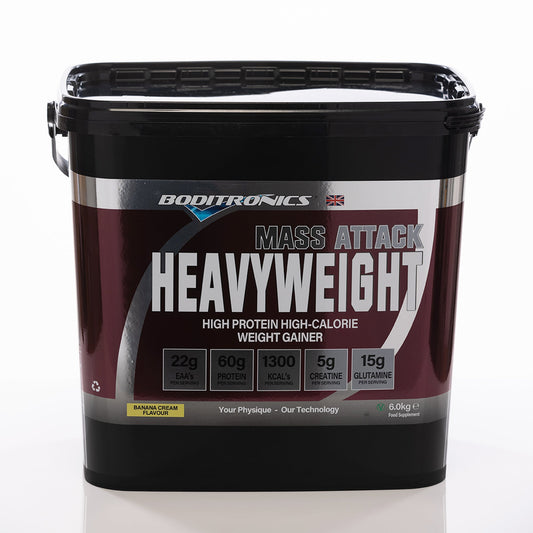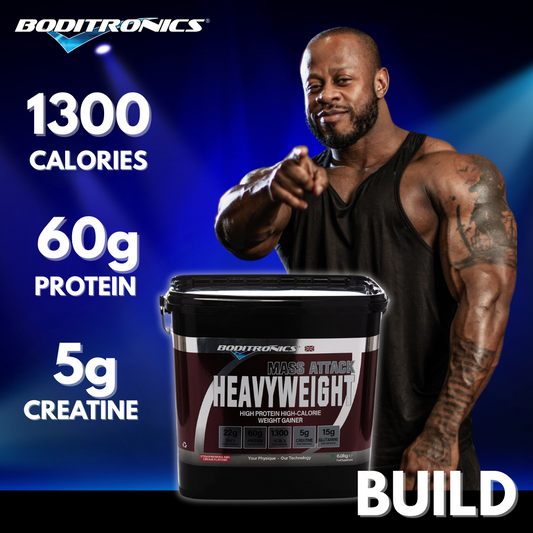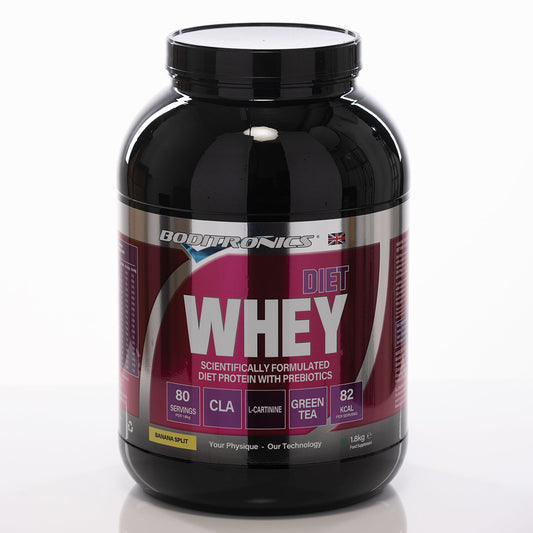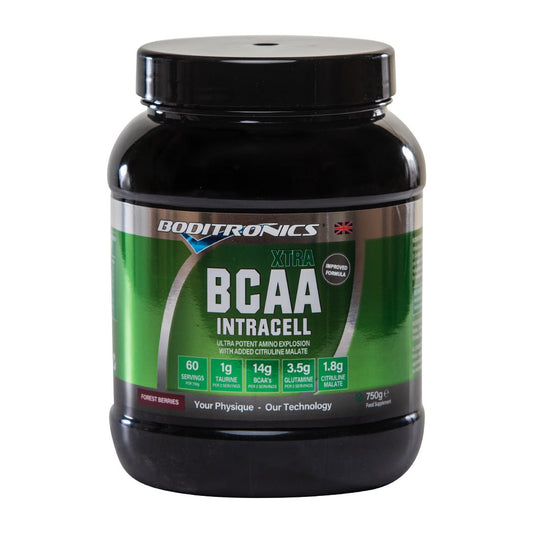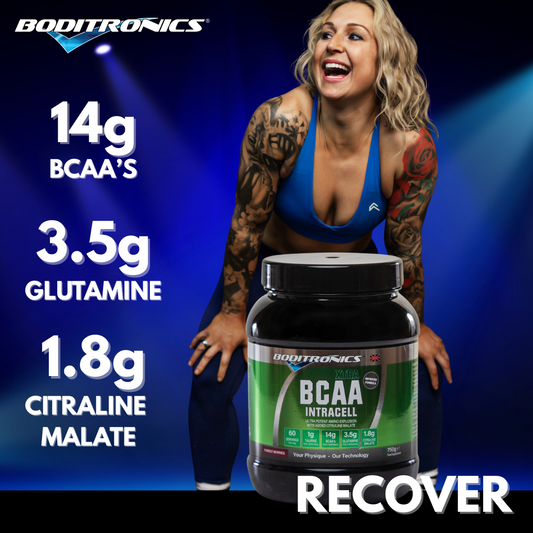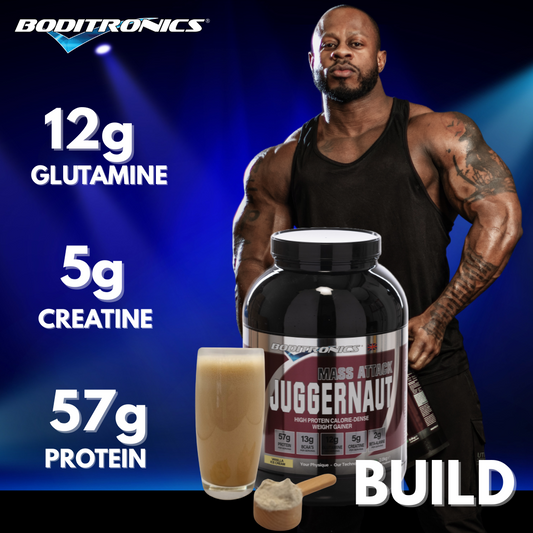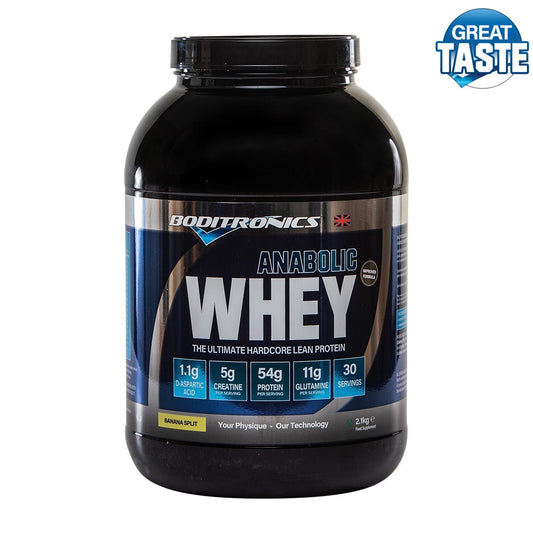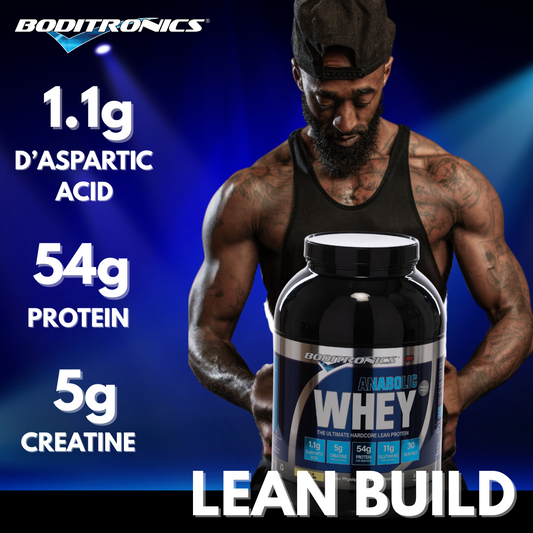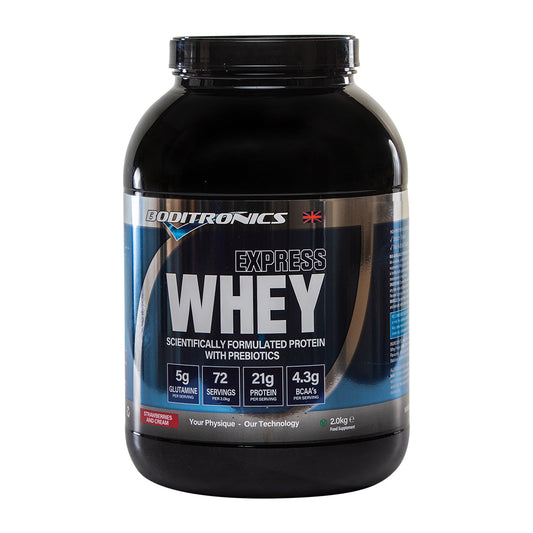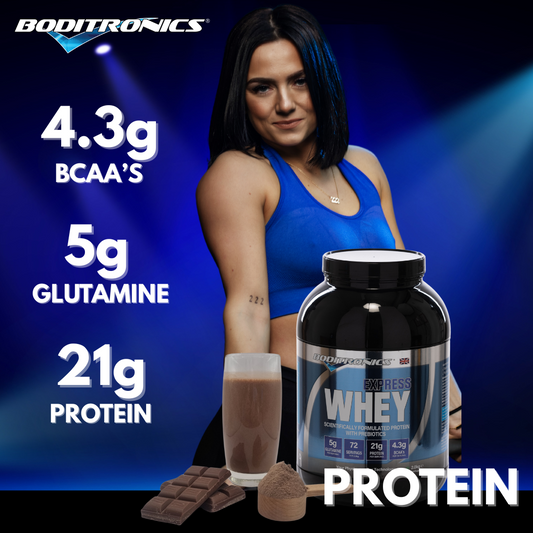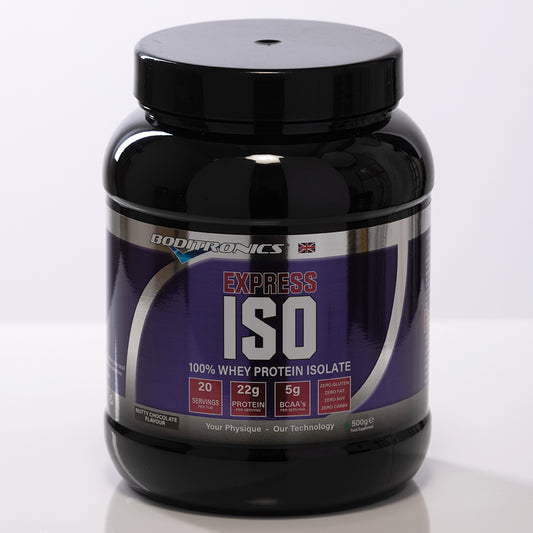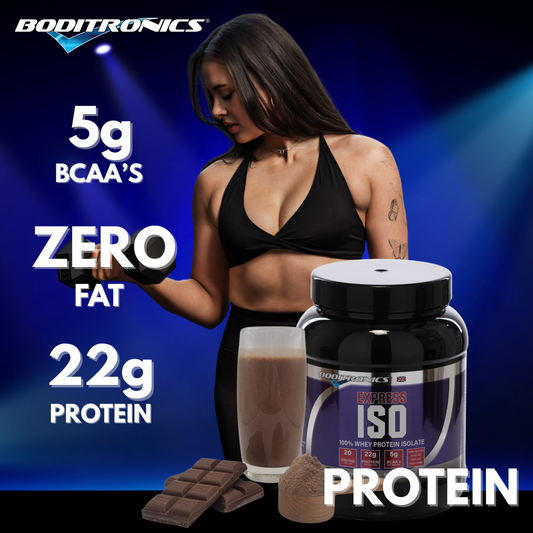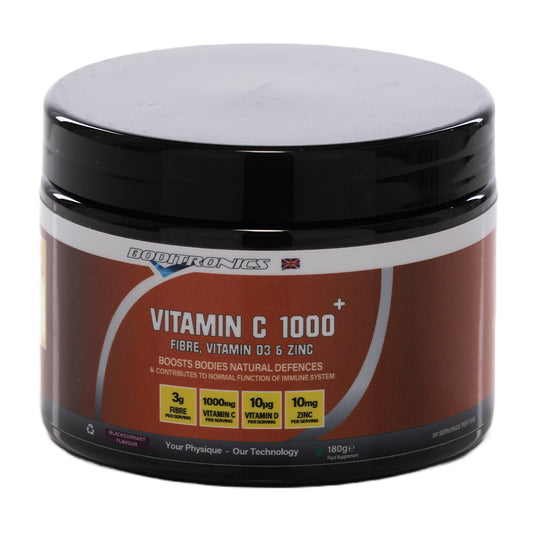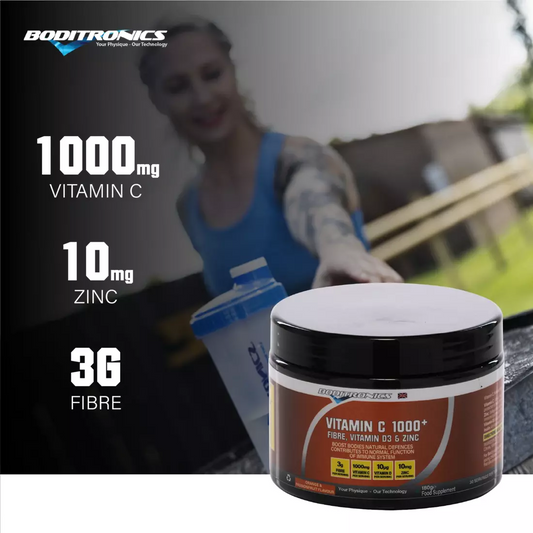Building muscle while handling lactose intolerance is doable! Here's your happy guide with ten easy steps:
First up, let's talk about eating right. Fill your plate with yummy, nutrient-packed foods like lean meats, healthy fats, whole grains, and lots of colourful fruits and veggies.
Get enough protein!
Next, make sure you're getting enough protein to help increase muscle growth. If you're lactose intolerant, no worries! There are plenty of plant-based protein options like pea, soy, or rice protein, or you can try lactose-free whey diet protein or Whey Isolate.
 |
||
|
ISO Express 100% Whey Protein Isolate Powder - Flavoured - 500g & 1500g (0) |
||
What's the alternative?
If dairy gives your digestive system tummy trouble, try lactose-free versions or switch to almond milk, soy milk, or lactose-free yoghurt. Your taste buds and your belly will thank you!
How do I recover faster from training?
Stay hydrated by drinking plenty of water throughout the day, especially before and after hitting the gym. Your muscles need it to stay happy and healthy!

Listen to your body!
Listen to your body and pay attention to how it feels after eating. If dairy foods or lactose-containing foods such as hard cheeses milk products don't agree with you, consider cutting back or skipping them altogether.
Eat carbohydrates!
Keep your meals balanced with a mix of carbs, protein, and fats to keep your energy levels up and support muscle growth.
Don't forget about fueling up before and after your workouts. Grab a snack or a meal with carbs and protein to give your muscles the boost they need to perform and recover.

Still not sure? Speak to a healthcare provider.
Consider chatting with a healthcare pro about taking supplements if your diet needs a little extra help.
Consistency is key when it comes to building muscle. Stick to your workout routine, especially resistance training, to see those muscles grow! Jump in the weight room and pump up on the bench press or enjoy a leg day with heavy loads will help stimulate muscle growth.

Don't forget to rest!
Last but not least, give your muscles some love by making sure they get plenty of rest and recovery time. Aim for 7-9 hours of quality sleep each night and don't forget to take rest days to prevent overtraining.
By keeping an eye on what you eat, managing lactose intolerance like a pro, and staying active, you'll be on your way to building muscle and feeling awesome in no time!
Why Is Building Muscle Beneficial and can I do it with Lactose intolerance?
Let's explore muscle building while managing lactose intolerance with a sprinkle of scientific understanding:
Imagine you're on a journey to sculpt your body, boosting strength, and vitality while dancing gracefully around lactose intolerance. Despite the challenge, you're armed with knowledge and choices that not only ensure progress but also maintain your digestive comfort.
What gives me lactose intolerance?
Firstly, let's address lactose intolerance. It's like having a quirky friend who can't handle dairy but brings so much joy otherwise. You see, lactose intolerance comes in different flavours - there's developmental lactose intolerance, which is common in babies but often fades away as they grow. Then there's secondary lactose intolerance, which might pop up due to another health condition or surgery. Finally, there's primary lactose intolerance, the one many of us know well, where our bodies just don't produce enough lactase, the enzyme needed to digest lactose.
Now, here's the happy twist: you can still enjoy the perks of muscle-building without the lactose-induced blues! Enter whey protein, the superhero of muscle building. While dairy foods may cause some turbulence, whey protein powders offer a lactose-free alternative packed with essential amino acids, the building blocks of muscle.
Picture this: You're hitting the gym, sipping on your lactose-free whey protein shake, feeling energized and ready to conquer the world. With each resistance training session, you're not just lifting weights; you're stimulating muscle growth and encouraging muscle hypertrophy, all while keeping lactose malabsorption at bay.
As you dive deeper into your weight training routine, you're not just building muscle; you're sculpting a masterpiece. And here's the secret sauce: dietary protein. You're nourishing your muscles with the fuel they need to thrive, all without a single worry about lactose intolerance.
And the best part? With each resistance training session, you're not just increasing muscle mass; you're boosting your metabolism, shedding excess body fat, and enhancing your overall well-being. It's like unwrapping a gift with every rep, revealing a stronger, healthier you.
So, despite the lactose intolerance hurdle, you're on a journey of self-improvement, fueled by the power of choice and the joy of building muscle. With each step forward, you're not just defying limitations; you're rewriting the story of what it means to thrive, lactose intolerance and all. Cheers to your happy, lactose-friendly muscle-building adventure!
How to i find out if I'm lactose intolerant?

Wondering if you're lactose intolerant?
First off, your body needs a special enzyme called lactase to digest lactose which is a milk sugar found in dairy products. If your body doesn't make enough lactase, you might have trouble digesting dairy, leading to what we call lactose intolerance.
So, what are the signs? Well, after you eat dairy products like milk, cheese, or ice cream, you might notice some not-so-fun symptoms like bloating, gas, or tummy troubles. These can happen because your body isn't breaking down lactose properly.
But don't worry! There are ways to figure out if lactose is the culprit. One option is a stool acidity test, where your doctor checks the acidity of your poop after you eat dairy. If it's high, it could mean lactose intolerance.
Another way is to keep track of how you feel after eating dairy. If you notice symptoms like bloating or tummy pain every time you have milk or cheese, it might be a sign that lactose is causing the trouble.
Some people also find relief by cutting back on dairy or switching to lactose-free options. And if you still want to get your protein fix without dairy, there are plenty of alternatives like plant-based protein Supplements or other sources of dietary protein.
Remember, having an intolerance to lactose doesn't mean you have to miss out on all the good stuff. It just means finding what works best for your body and making choices that help you feel your best.
So what exactly is lactose intolerance?
Lactose intolerance is a condition where the body lacks enough of the enzyme lactase to fully digest lactose, the milk sugar found in dairy products, leading to symptoms such as bloating, gas, and stomach discomfort after consuming lactose-containing foods.

What are the symptoms of lactose intolerance?
Symptoms of lactose intolerance can include bloating, gas, abdominal pain or cramps, diarrhoea, and sometimes nausea after consuming lactose-containing foods like milk products e.g. milk or cheese or drinks.

A bit more detail?
Lactose intolerance is like having a tiny glitch in your digestive system, especially when it comes to dairy-based foods. Here's the lowdown:
Dairy products like milk, cheese, and ice cream have this natural sugar called lactose. When you eat them, your body's supposed to break down that lactose into simpler sugars using a cool enzyme called lactase.
But sometimes, your body doesn't produce enough lactase, which is the key player in the lactose digestion game. So, instead of getting smoothly processed, that lactose hangs around in your gut, causing some not-so-fun symptoms like bloating, gas, or even a sudden urge to visit the restroom.
Now, here's where things get interesting: it's not just about dairy. Some processed foods and sneaky snacks can also contain lactose, so it's like playing detective to spot them on the ingredient list.
To figure out if lactose is the troublemaker, there's this thing called a stool acidity test. It checks the acidity levels in your poop after you've had a dose of dairy. If it's high, it's like your body's saying, "Hey, too much lactose for me!"
When your body struggles with lactose, it can sometimes produce lactic acid, which might mess with your blood sugar levels, making you feel a bit off.
So, if you find yourself feeling funky after munching on dairy or certain snacks, your body might just be giving you a hint: "Hey, ease up on the lactose, will ya?" It's all about tuning in to what your body's saying and making choices!
More Muscle Helps to Burn More Calories
Having more muscle is like having a supercharged engine in your body that helps burn calories even when you're chilling out, thanks to its awesome ability to gobble up energy, especially from sugar. When you eat protein-rich foods, your muscles go into turbo mode, using up those calories for fuel and helping you maintain a healthy weight. So, having more muscle isn't just about looking buff—it's like having a built-in calorie-burning machine that loves devouring all the tasty food you enjoy, keeping your diet in check while you stay strong and energetic.

Protein: Do I really Need It?
Your body requires protein for various purposes, particularly during efforts to build muscle. Upon protein consumption, your body undergoes protein synthesis, breaking it down into smaller components known as amino acids. These amino acids serve as the fundamental building blocks not only for your muscles but also for other vital components of your body. Additionally, lactase deficiency can affect your body's ability to digest lactose, which is commonly found in dairy products.
Why can't some people drink protein shakes?
Certain individuals experience difficulties digesting a sugar known as lactose, commonly present in dairy products such as milk.
This is due to a condition called lactase deficiency, where the body doesn't produce enough of the enzyme lactase, essential for breaking down lactose in the small intestine.
When individuals with lactose intolerance consume dairy products lacking sufficient lactase, the undigested lactose can lead to discomforting symptoms like bloating, gas, or stomach cramps, sometimes even resulting in feelings of illness.
What can I do about it if Lactose Intolerance is affecting me?
So, if you have lactose intolerance and you want to get enough protein without upsetting your stomach, you might need to avoid dairy products or choose lactose-free options. Instead, you can get protein from foods like meat, fish, eggs, beans, or diet whey isolate (which has less lactose).
Also, it's important to make sure you're getting enough of other nutrients, like calcium, which is often found in milk. You can get calcium from non-dairy sources like leafy greens, fortified juices, or supplements recommended by your healthcare provider.
Structure your workout to avoid overtraining
When structuring your workout routine to prevent overtraining, it's essential to strike a balance between stimulating muscle growth and allowing adequate recovery time. This balance is crucial for optimizing performance and minimizing the risk of injury. A well-designed routine should include a variety of exercises targeting different muscle groups on different days, ensuring that no single muscle group is overworked while others are neglected.
By paying attention to these factors and listening to your body's signals, you can structure your workouts to promote overall health, performance, and longevity while minimizing the risk of overtraining.
Muscle Helps Blood Levels
Additionally, managing blood sugar levels before, during, and after workouts is vital for sustaining energy levels and promoting optimal performance. Consuming a small snack containing carbohydrates and protein before exercising can help stabilize blood sugar levels and provide a source of energy for your workout. Post-workout nutrition is equally important, as it replenishes glycogen stores and provides the nutrients necessary for muscle repair and growth.
Muscle Makes Everything Else Easier
Understanding the delicate interplay between muscle protein production and breakdown is also key. While exercise stimulates muscle growth by promoting protein synthesis, it can also lead to muscle breakdown, especially during intense or prolonged workouts. Ensuring your body has an adequate supply of amino acids, the building blocks of protein, through a balanced diet rich in protein sources, is essential for supporting muscle repair and recovery.
Why do i need Amino Acids in training?
Imagine BCAA's as the building blocks of your training journey, quietly working behind the scenes to support your muscles and keep you going strong. As you push through your workouts, your muscles endure tiny tears and strain, needing some TLC to bounce back stronger.
Here's where amino acids swoop in, like tiny repair crews, patching up those micro-tears and promoting muscle recovery. Picture them as the essential building blocks, knitting your muscles back together, ensuring they grow stronger with each session. And it's not just about recovery – certain amino acids, like those found in your favourite protein shake or a hearty post-workout meal, also act as fatigue-fighting champions, helping you feel less sore and more ready to tackle your next sweat session.
So, whether you're hitting the weights or crushing a cardio session, remember to give your body the amino acid support it needs to thrive and keep you on track towards your fitness goals.

Calories needed to gain muscle
Building muscle mass typically requires consuming a slight caloric surplus to provide the energy and nutrients necessary for muscle growth, but it's not necessarily about "a lot" of calories; it's about meeting your body's specific needs and ensuring adequate protein intake.
Yes, Muscle Makes You Look Good But....
Remember, building muscle and staying healthy is about more than just protein and looking good. It's about eating a balanced diet that works for your body and getting enough daily calories to fuel your activities, whether you're hitting the weight room or just going about your day.

What is Congenital or developmental lactose intolerance?
Congenital lactose intolerance is a rare genetic condition where infants are born with an inability to produce lactase, the enzyme needed to digest lactose in milk.
Unlike the more common primary lactose intolerance that develops over time, this condition manifests from birth, often requiring special dietary considerations or lactase enzyme supplements from infancy.
Can you develop lactose intolerance over time?
Lactose intolerance can develop over time due to a reduction in the body's production of lactase, the enzyme responsible for breaking down lactose in dairy products.
Can you suddenly become lactose intolerant if you weren't before?
This deficiency can result in digestive discomforts such as bloating, gas, and diarrhoea after consuming lactose-containing foods. While it's not typically life-threatening, severe symptoms can be distressing. Some individuals may find relief by taking lactase enzyme supplements before consuming dairy products.
In Summary -
The production of lactase, an enzyme crucial for breaking down lactose, plays a pivotal role. For those with insufficient lactase production, consuming dairy products can trigger uncomfortable symptoms, similar to an allergic reaction. This deficiency can be diagnosed through a stool acidity test, shedding light on the efficiency of lactose breakdown within the small intestine. Without enough lactase to tackle the lactose load, undigested sugars ferment, leading to the production of lactic acid and potentially disrupting blood glucose levels. While navigating dietary choices, opting for snacks low in lactose can alleviate discomfort, especially for those hitting the gym, where efficient protein breakdown and utilization of fatty acids are paramount.
Interesting facts you might not know...
Interestingly, the human body's ability to produce lactase can vary widely among individuals and populations, with some retaining high levels into adulthood and others experiencing a decline. This deficiency doesn't just affect digestive comfort; it can also impact nutritional intake and overall health. However, it's essential to note that avoiding dairy doesn't mean sacrificing muscle gains, as there are plenty of alternative protein sources available.
About the Author:
Frankie Copley boasts an impressive 17-year tenure within the dynamic realm of Nutrition and Fitness. Her journey has been a testament to her unwavering dedication, evolving from a Bodybuilder to conquering Duathlons (securing 2nd and 3rd places overall), mastering Triathlons (ranking within the top 10 in her age group), and embarking on numerous Half Marathons and a full Marathon. Currently immersing herself in the world of CrossFit, Frankie's passion for fitness knows no bounds.
Throughout her athletic endeavours, Frankie has navigated diverse supplement regimens and dietary requirements tailored to each sport. Not content with personal achievement alone, she channels her expertise as both a personal trainer and nutritional therapist, guiding others on their wellness journeys.
What fascinates Frankie most is the unique interplay between individuals and nutrition, recognizing that a singular approach doesn't suffice for everyone. For her, the cornerstone of any effective nutritional strategy lies in empowering individuals with accessible knowledge, equipping them with the discernment to make informed dietary choices irrespective of their athletic pursuits. She firmly believes that making nutrition transparent will give them a better chance to make informed decisions, but that if they become stuck all they have to do is ask!
